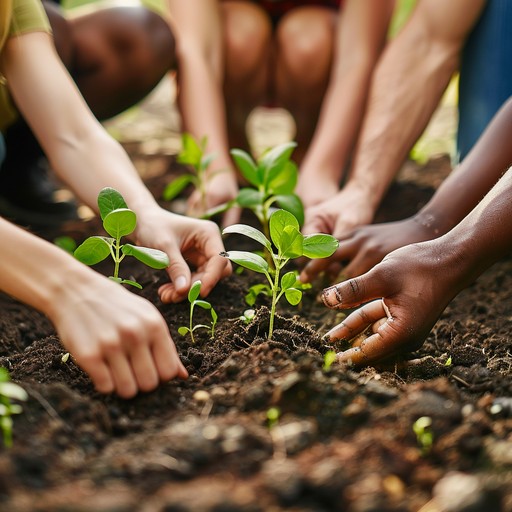16 May – Malaysia is emerging as a global leader in sustainable aquaculture, particularly in the cultivation of oysters and shrimp. These sectors are not only vital to the nation’s economy but also exemplify how responsible farming practices can meet international demand while preserving marine ecosystems.
🦐 Shrimp Farming: From Traditional Practices to Global Standards
Malaysia ranks as the ninth-largest shrimp exporter worldwide, with shrimp and prawns accounting for 29% of the country’s total seafood exports in 2021 . Historically, shrimp farming in Malaysia faced challenges such as mangrove deforestation and water pollution. However, recent advancements have shifted the industry towards sustainability.
A notable example is Sankina Aquaculture, which became the first in Malaysia to adopt the Aquaculture Stewardship Council (ASC) certification. This certification ensures that farming practices meet rigorous environmental and social standards, promoting responsible aquaculture .i
Furthermore, integrated mangrove-shrimp (IMS) aquaculture is gaining traction. This system involves cultivating shrimp alongside mangrove trees, which helps in rehabilitating coastal ecosystems and maintaining biodiversity.
🦪 Oyster Farming: Empowering Coastal Communities
Oyster farming in Malaysia is a model of sustainability and community empowerment. Universiti Sains Malaysia has been instrumental in promoting oyster aquaculture, introducing low-cost, low-tech farming methods to coastal communities. These initiatives have transformed traditional fishermen into successful oyster farmers, improving their livelihoods and contributing to coastal conservation .
Oysters play a crucial role in maintaining water quality by filtering nutrients and sediments.
🌍 Global Impact and Future Prospects
The global demand for sustainable seafood is on the rise, and Malaysia’s commitment to eco-friendly aquaculture positions it as a key player in the international market. The country’s adherence to certifications like ASC and its adoption of innovative farming practices ensure that its seafood exports meet global sustainability standards.
Additionally, initiatives like the £3 million project aimed at enhancing mollusc farming sustainability in Asia underscore the importance of regional collaboration in promoting responsible aquaculture practices .
🌿 Conclusion
Malaysia’s journey towards sustainable oyster and shrimp farming demonstrates that economic growth and environmental stewardship can go hand in hand. By embracing innovative practices and empowering local communities, Malaysia is setting a benchmark for sustainable aquaculture in the global arena.






